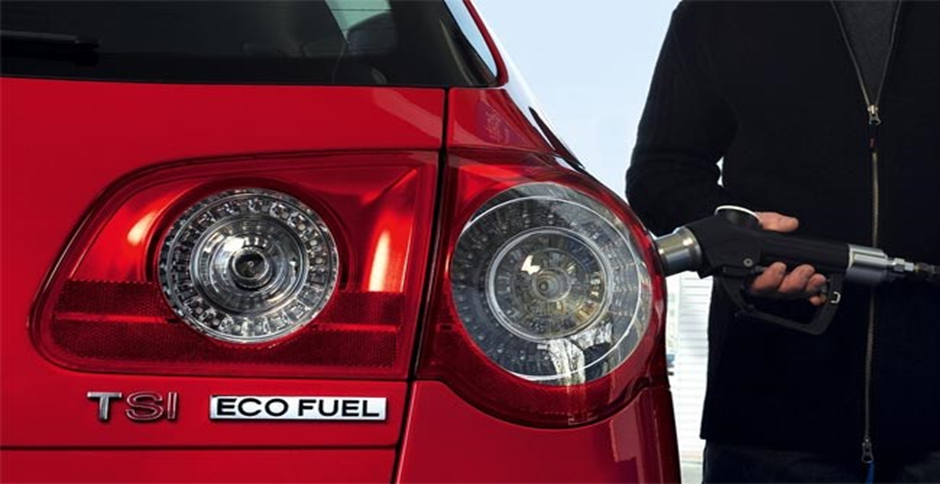Fuel duty increase was due to come into effect on 1 September, but guess what? There is the surprising news that this is not going to happen. In his Autumn Statement, Chancellor George Osborne has confirmed that the proposed 2014 fuel duty increase has been cancelled.
This means the scheduled 2p increase in tax on every litre of petrol will now no longer happen, thanks to savings elsewhere in public finances which the government has called off.
This and the cancellation of previous fuel duty rises will have cost the public purse £22 billion in tax income over the life of this Parliament—something Osborne claimed is a “demonstration that we’re on the side of hardworking people in this country.”
Meantime, the difference in duty rate between conventional fuels and ‘road fuel gases such as compressed natural gas, liquid natural gas and biomethane’ will continue at current levels until March 2024.
However, the difference in duty between conventional fuel and liquid petroleum gas will continue to fall at the rate of 1p per litre per year until March 2024.
The government will review the impact of both incentives in the 2018 Budget, and will seek EU approval to reduce duty rates on methanol.
The chancellor has also announced the government is still looking into extending the current fuel rebate for rural areas into other remote areas of the country, with a view to submitting an application for the extension to the EU in January.
In non-fuel related motoring news, the statutory maximum cost of the annual MOT is to be frozen at the current £54.85 until 2015 – apparently representing a saving of £50 million for UK drivers. There are plans for new road infrastructure investment, too.
But the biggest car news in the 2013 Autumn Statement remains the impending death of the tax disc.



